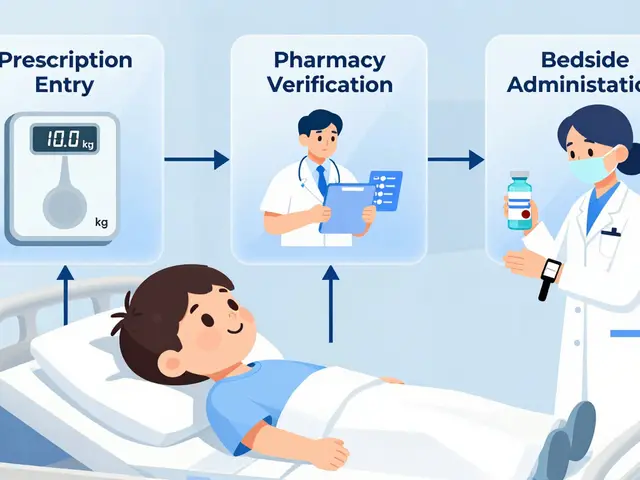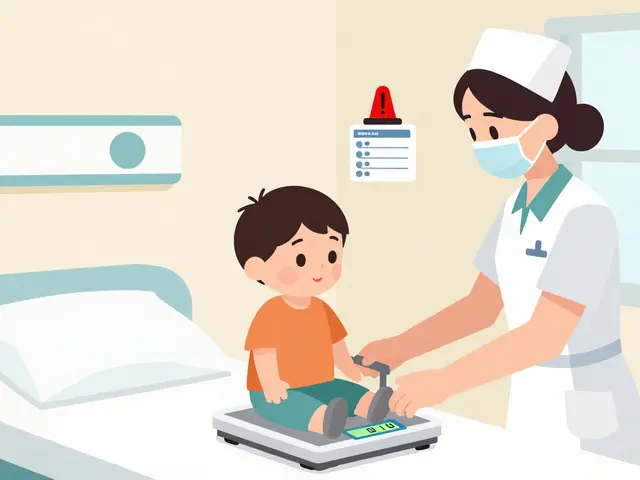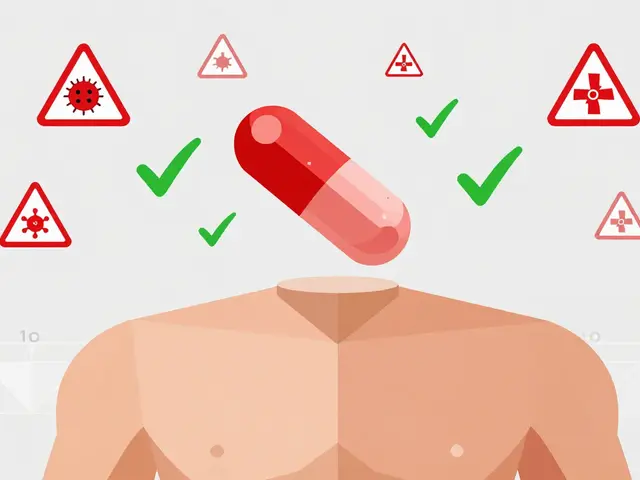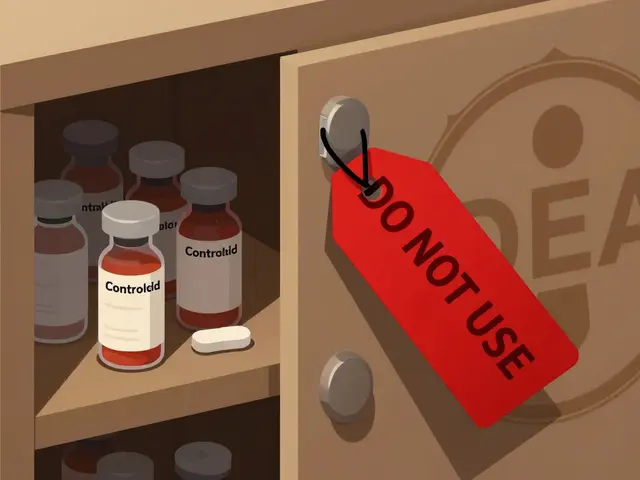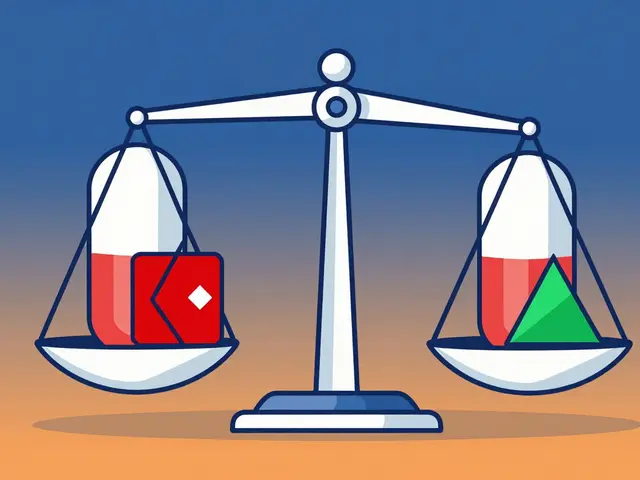Sustainability in Medicine: Simple Actions That Help
It's practical choices you can make when buying, storing, and disposing of medicine. Small habits at home and smarter pharmacy choices reduce waste, lower emissions, and keep drugs available for patients who need them.
Start with safe disposal. Unused or expired medicines should not sit in a bathroom cabinet. Use a pharmacy or community drug take-back program when one is available. If no take-back exists, mix pills with coffee grounds or kitty litter, seal them in a container, and put them in the trash. Remove personal information from bottles before recycling the label and discarding the container.
Pay attention to packaging and shipping. When ordering medicine online, pick pharmacies that offer consolidated shipping and use recyclable or minimal packaging. Ask your local pharmacy to avoid extra bags and to bundle refills for the same delivery date. For routine prescriptions, sync refills so you receive fewer shipments.
Choosing generics helps. Generics deliver the same active ingredient as brand drugs at a lower price. Lower cost often means fewer stopped treatments and fewer wasted pills. Talk with your prescriber about switching to a trusted generic when it is clinically appropriate.
Consider the environmental footprint of treatment choices
Metered dose inhalers use propellants with high global warming potential. If a dry powder inhaler or other device matches your needs, discuss switching with your clinician. Use antibiotics only when necessary and finish prescribed courses to reduce resistance and environmental contamination.
Look for pharmacies that publish sustainability practices. Some pharmacies run take-back programs, recycle blister packs, reduce single-use plastics, or report lower energy use. Choosing a supplier that recycles or minimizes packaging makes small impacts add up.
Adopt easy habits that save resources
Store drugs properly so they do not spoil. Check expiration dates monthly and remove what you do not need for disposal. Consolidate pharmacy trips: pick up prescriptions during errands or use local delivery that bundles orders. For long-term medications, ask for three-month supplies to cut refill frequency and packaging.
Use telemedicine for simple follow-ups. Virtual visits reduce travel emissions and often let you handle refills without an extra trip. When you do travel, combine errands so one trip serves multiple needs.
Community actions matter too. Ask your employer or clinic about medication take-back boxes. Support local policies that fund safe disposal and reduce pharmaceutical waste in waterways. Simple public actions can reduce contamination and protect drinking water.
Sustainability in medicine is about practical choices you can make today. Use take-back programs, pick smaller or recyclable packaging, consider generics, and talk to your provider about lower-impact device options. Those steps save money, cut waste, and protect the environment while keeping care safe and effective.
Quick checklist: return unused meds, ask about generics, bundle deliveries, prefer recyclable packaging, discuss lower-impact inhalers, and use telehealth when possible. Small changes stack up fast. Start with one habit this week and build from there.
Share tips with friends and ask your pharmacy what sustainability steps they are already taking today.
Doxepin is a common antidepressant, but making it isn't as clean as many people think. The process can leave behind chemical waste, pollute water, and contribute to greenhouse gas emissions. Understanding the impacts helps people make smarter choices about medication use and disposal. This article breaks down where the problems show up and what can be done to lower the footprint. There's more going on behind the scenes of that little pill than most imagine.
Continue reading...


